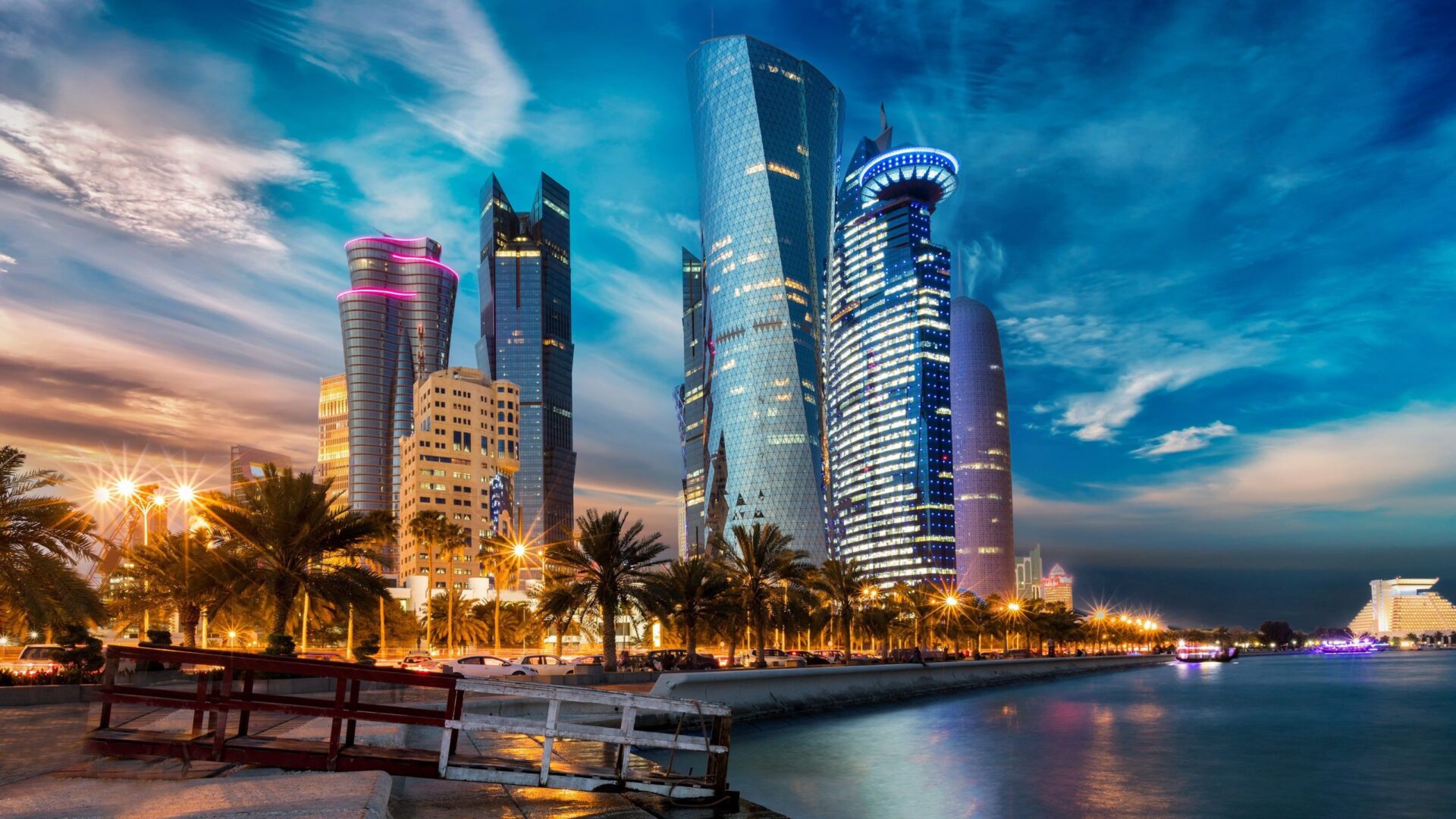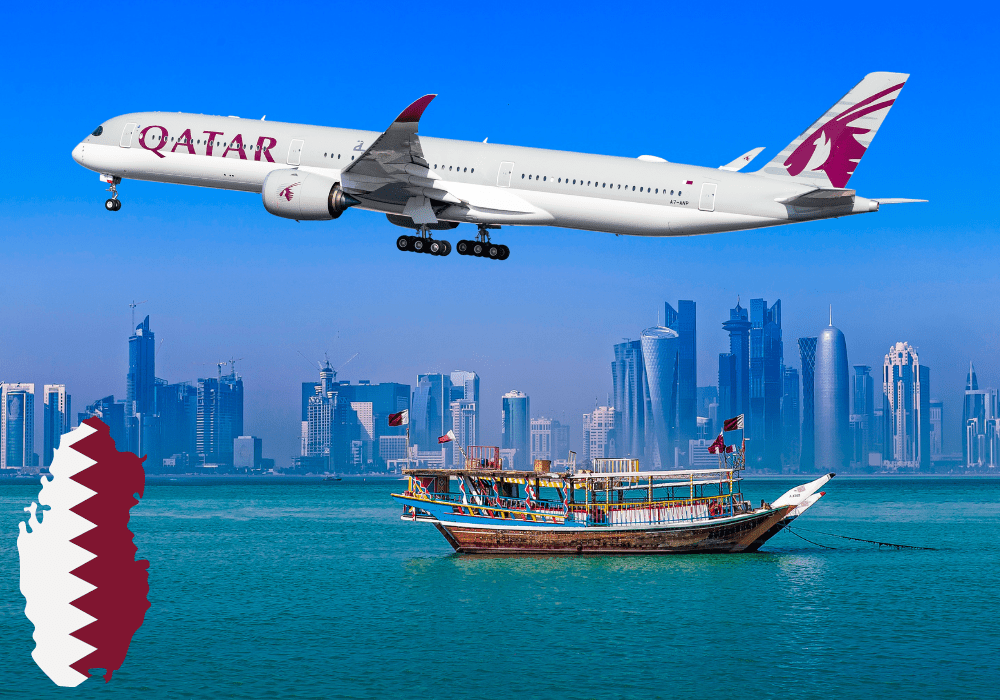Overview of Relocating to Qatar
Relocating to Qatar can be an exciting and rewarding experience, offering a blend of rich cultural heritage and modern amenities. Whether you’re moving for work, family, or adventure, understanding the nuances of life in Qatar is crucial for a smooth transition. This comprehensive guide covers everything you need to know about relocating to Qatar, from the legal requirements to lifestyle tips, ensuring your move is as seamless as possible.
Understanding Legal and Immigration Requirements
Visas and Work Permits
One of the first considerations when planning a move to Qatar is the visa and immigration process. Qatar offers various types of visas depending on the purpose of your stay. It’s crucial to secure a job before moving, as your employer will typically sponsor your visa and handle most of the paperwork. The sponsorship (or Kafala) system is integral to the immigration process in Qatar, where your sponsor is responsible for your legal status.
Documentation and Preparation
Ensure your passport is valid for at least six months beyond your intended stay. You will also need to gather other necessary documents such as academic certifications, marriage certificates, and birth certificates, which might need to be attested depending on their required use in Qatar. Learn about the attestation process in advance to avoid delays in your relocation and employment.
Cultural Adjustments When Relocating to Qatar
Understanding Qatari Culture
Qatar is a conservative Muslim country where Sharia law influences the legal system. Islam plays a central role in daily life, which can be a significant adjustment for someone from some people, where society is very secular. Dress codes are strictly enforced, especially for women, and public behavior norms are conservative. Understanding and respecting local customs, laws, and religions is crucial for a smooth transition and harmonious living in Qatar.
Language Barrier
While Arabic is the official language in Qatar, English is widely spoken, particularly in business contexts. However, learning basic Arabic phrases can be beneficial and is appreciated by locals. It promotes better integration into the community and can enhance your everyday life experiences in the country.
Living Conditions When Relocating to Qatar
Housing
The real estate market in Qatar offers various options ranging from apartments to standalone villas. Most expatriates live in Doha where the majority of employment opportunities are located. It’s common for expatriate housing to come with amenities such as swimming pools and gyms. Safety and security are notably high in Qatar, adding to the attractiveness of living conditions.
Healthcare
Qatar has a rapidly growing healthcare system renowned for its high standards. Expatriates can access medical services through both public and private hospitals. It is advisable to have comprehensive health insurance, which is typically provided by employers.
Employment and Economic Considerations
The economy of Qatar is one of the wealthiest globally, thanks to its vast reserves of oil and natural gas. There are significant opportunities in sectors like finance, construction, and education, with competitive salaries and often tax-free income. However, it’s important to negotiate your employment contract carefully, ensuring it includes benefits such as healthcare, housing allowance, and annual airfares to your home country.
Education and Schools
For those moving with families, Qatar offers a range of educational institutions, including many international schools that follow British, American, and other national curricula. Admission to these schools can be competitive, and tuition fees are generally high, so early application is essential.
Climate
Adapting to the desert climate of Qatar can be challenging. Summers are extremely hot with temperatures frequently above 40 degrees Celsius. Most indoor facilities, including shopping malls and public transport, are air-conditioned.
Conclusion
Relocating to Qatar involves comprehensive planning and preparation. By understanding the legal, cultural, and practical aspects of life in Qatar, expatriates can make a successful transition. It offers an opportunity to experience a unique blend of traditional Islamic culture and modern lifestyle, all while contributing to and benefitting from one of the most dynamic economies in the Middle East.






